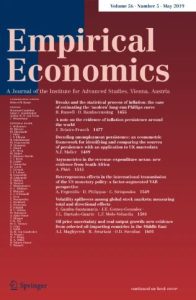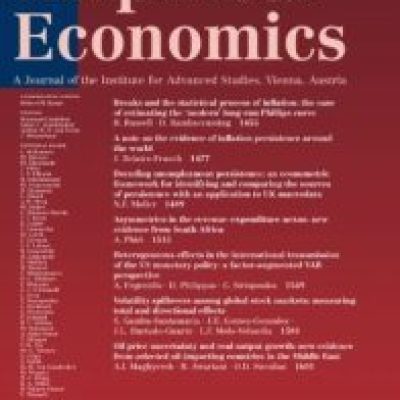Where can childcare expansion increase maternal labor supply? A comparison of quasi-experimental estimates from seven countries
Szabó-Morvai Ágnes, Lovász Anna
Abstract
The estimated effect of childcare availability on maternal labor supply varies highly in previous single-country estimates. We provide comparable quasi-experimental estimates of the childcare effect for seven countries, using harmonized data and a uniform method based on country-specific childcare eligibility cutoffs. We evaluate the estimates in light of key institutional factors to determine under what conditions childcare expansion is likely to be effective. We propose a measure that captures childcare scarcity and predicts the effectiveness of childcare expansion: the gap between the participation rate of mothers with older children (aged 6–14) and childcare coverage under the age of 3. In countries with a high gap, we find that childcare availability has a significant positive impact on maternal labor supply (Austria, Czech Republic, Hungary, Slovak Republic). No significant impact is found in countries where the gap is low due to either already high childcare coverage (France) or the low participation of mothers with older children (Greece, Italy). We discuss other policies that need to be addressed concurrently for childcare expansion to achieve its goal of increasing mothers’ participation in the labor market.



